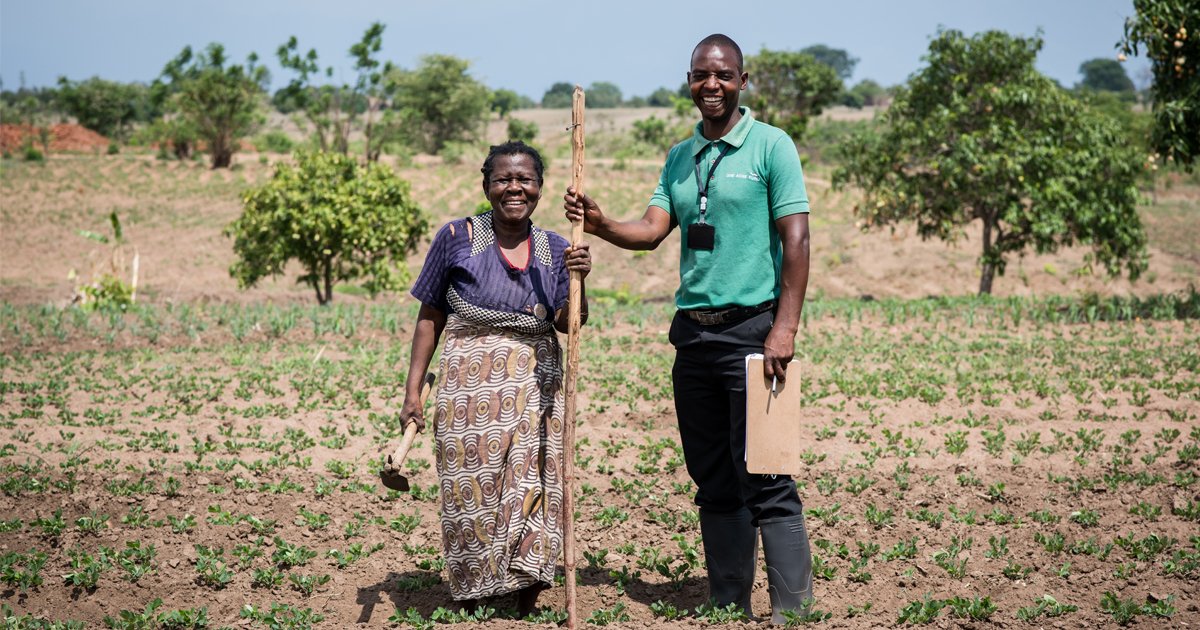- About
- Topics
- Picks
- Audio
- Story
- In-Depth
- Opinion
- News
- Donate
- Signup for our newsletterOur Editors' Best Picks.Send
Read, Debate: Engage.
| topic: | Food Security |
|---|---|
| located: | South Sudan, Yemen, Pakistan, Syria, Haiti, Democratic Republic of the Congo |
| editor: | Bob Koigi |
The war in Ukraine has exacerbated the world food crisis and shined the spotlight on the link between conflict and food insecurity.
The Russo-Ukrainian War has brought a historic decline in food exports, triggering a hike in food prices, namely of staple foods, putting millions of lives at risk, especially in developing countries that rely on these imports.
Globally, it is estimated that close to 60 percent of malnourished people live in conflict-affected areas. Last year, the bulk of the 140 million people who faced chronic hunger worldwide lived in countries that were at war in Yemen, Pakistan, Syria, Haiti, Sudan, DR, Congo and Nigeria, among others.
In Africa, three quarters of those experiencing food crises live in conflict countries.
The Democratic Republic of Congo (DRC) for example is grappling with one of the worst humanitarian crises in the world, with an estimated 26.2 million of its citizens facing chronic food insecurity - the largest case of any single country in Africa. This has been caused by intercommunal and armed violence experienced in the northeastern and eastern parts of the nation, which has also precipitated mass displacement. In South Sudan, close to 80 percent of the population remains food insecure as the country faces decades of never-ending war.
Food security is crucial for world peace and stability. Conflict interrupts farming, decimates livelihoods and supply chain functions and weakens the resilience of households to shocks. This, while hampering movement, which hinders communities’ access to humanitarian assistance.
Which is why world leaders must pause and reflect on the urgency of tackling ongoing crises. There has to be deliberate investments and action to protect food systems from ongoing and future shocks.
While there have been certain interventions meant to address the escalating conflicts and insulate global citizens from hunger, more needs to be done at a greater level. We must invest in lasting political solutions that end conflicts and stop new ones from occurring while strengthening sustainable peace systems.
In the words of UN Secretary General António Guterres, “At its most basic level, armed conflict creates hunger when fighting destroys farms and factories, drives people from their crops, creates shortages, and pushes up prices…. while the world is on the brink of mass hunger, feeding the hungry is an investment in global peace and security.”
Photo by Brett Jordan

